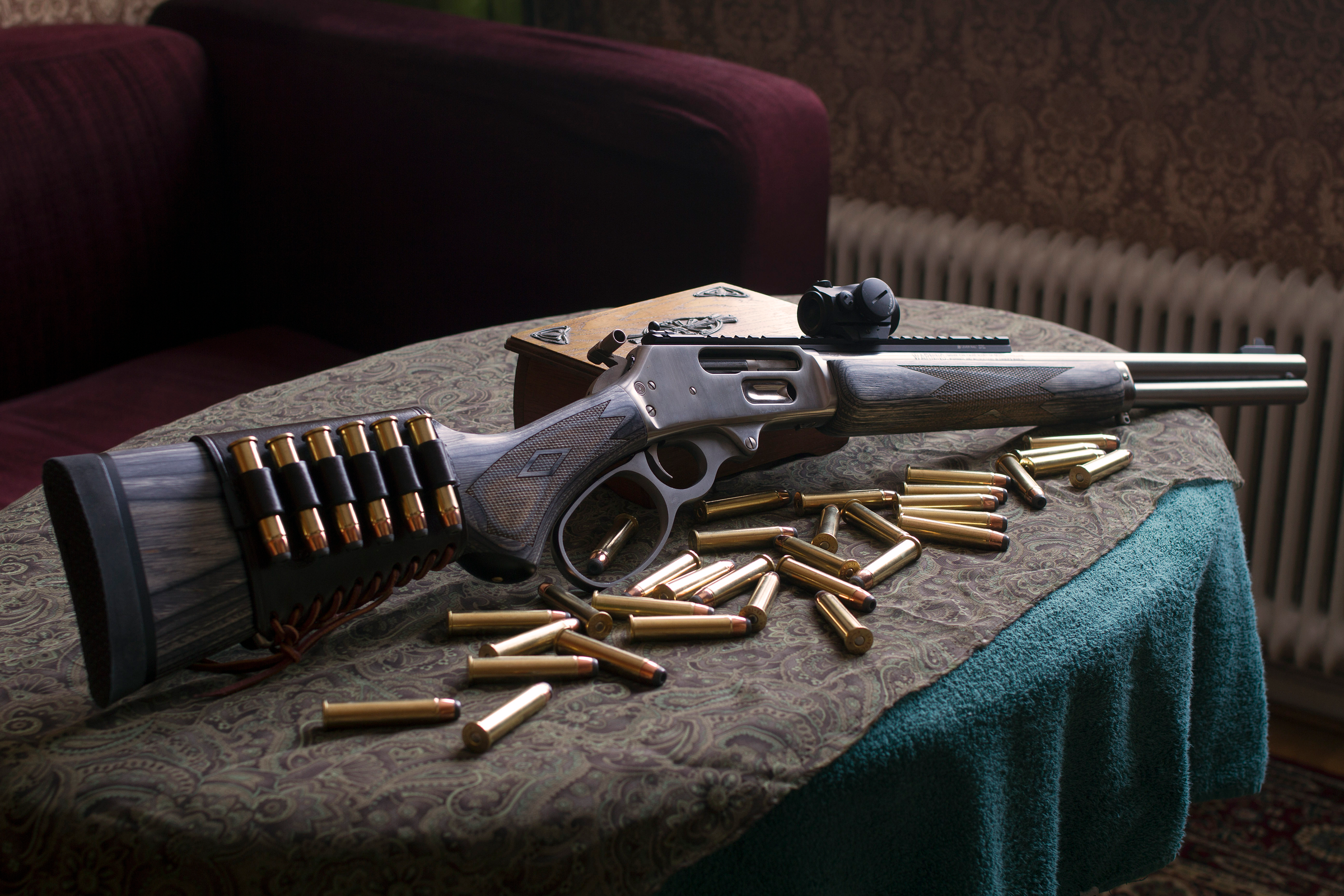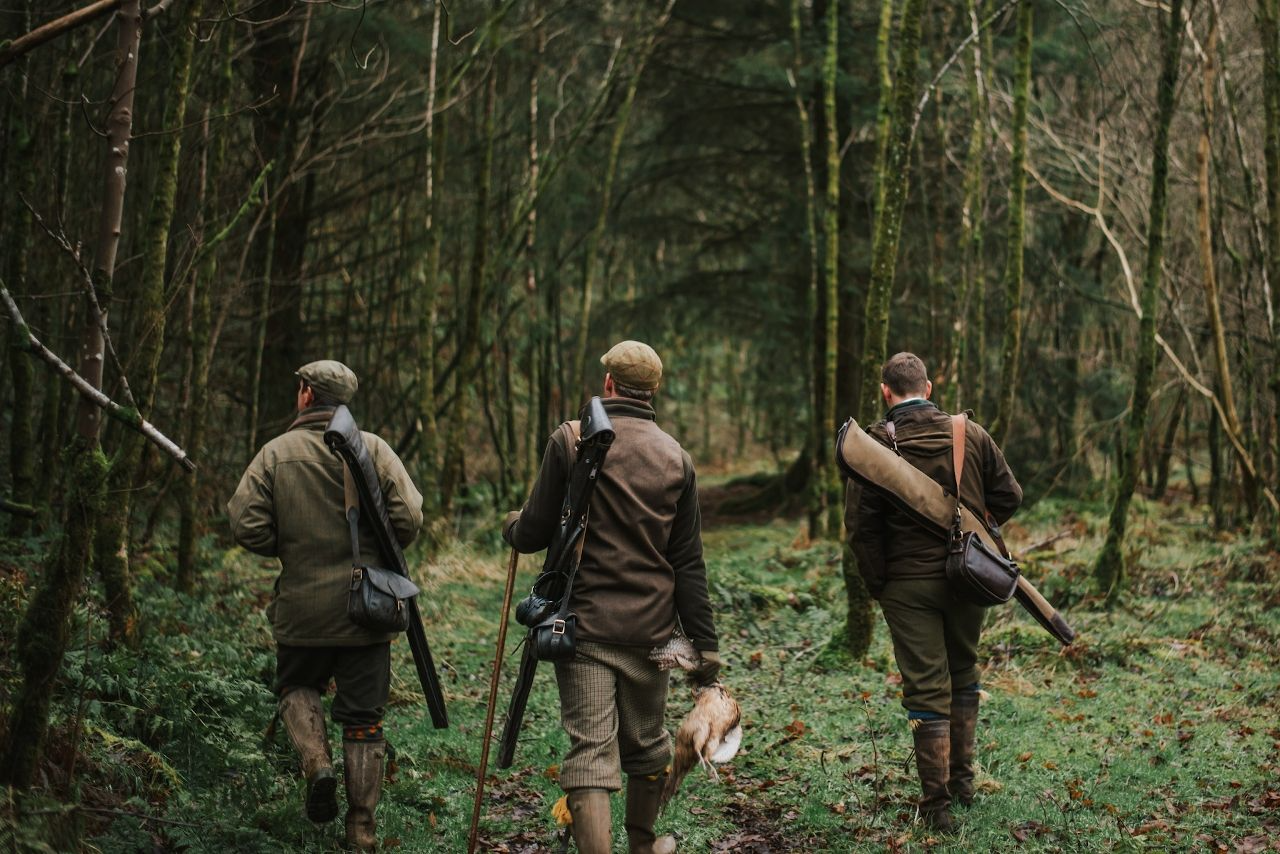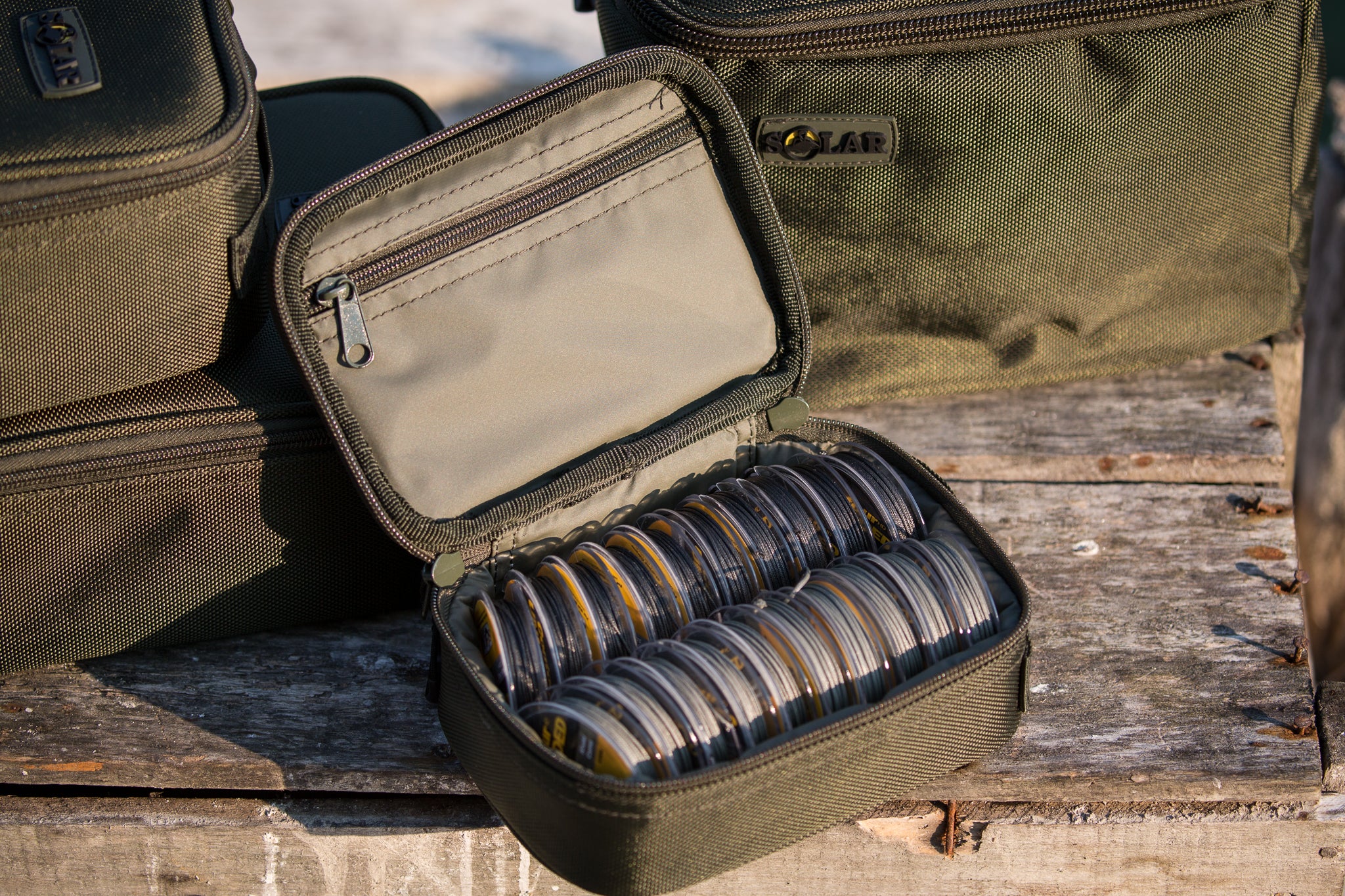How to Pack Light but Smart for a Multi-Day Hunt?
When preparing for a multi-day hunting trip, striking the balance between packing light and being fully prepared can make or break your experience. Carrying too much slows you down and drains energy, but forgetting essentials can ruin your hunt. The key is to focus on practicality, durability, and efficiency.
How to Pack Light but Smart for a Multi-Day Hunt?
Prioritize Multi-Use Gear
Instead of packing items that serve only one purpose, look for gear that can handle multiple tasks. A good hunting knife can serve as a tool for field dressing, food prep, and camp tasks. A tarp can act as shelter, ground cover, or even a rain catch. This way, you carry less without sacrificing functionality.
Layer Your Clothing
Weather in the field can be unpredictable. Instead of bringing bulky items, pack lightweight layers that you can add or remove as conditions change. Opt for moisture-wicking base layers, an insulating mid-layer, and a waterproof outer layer. This keeps you warm, dry, and mobile without overloading your pack.
Go for Lightweight, High-Calorie Food
Food is one of the heaviest parts of a pack if chosen poorly. Skip bulky cans and instead bring dehydrated meals, jerky, trail mix, and energy bars. These options pack more calories per ounce and are easy to prepare on the go. Don’t forget a lightweight water filtration system to avoid carrying gallons of water.
Keep Your Sleep System Minimal
For overnight hunts, a compact sleeping bag and inflatable sleeping pad are usually enough. If temperatures are mild, you can even get away with a bivy sack instead of a tent. The goal is to stay comfortable and rested without hauling unnecessary bulk.
Pack Only Essential Tools
It’s tempting to bring every gadget, but most aren’t necessary. A sharp knife, a headlamp with extra batteries, fire-starting tools, and basic first aid should be non-negotiable. Add only the tools that are crucial for your specific hunt.

Balance Weight in Your Backpack
Once everything is packed, distribute the weight evenly. Heavier items like water and food should sit close to your back and higher up to keep balance. This reduces strain and makes long treks more manageable.
Final Tip
Before leaving, do a practice pack and short hike. This helps you test comfort, spot unnecessary items, and make adjustments before you’re deep in the field.
Packing light isn’t about sacrifice—it’s about smart choices. With the right planning, your multi-day hunt will be efficient, comfortable, and successful.























